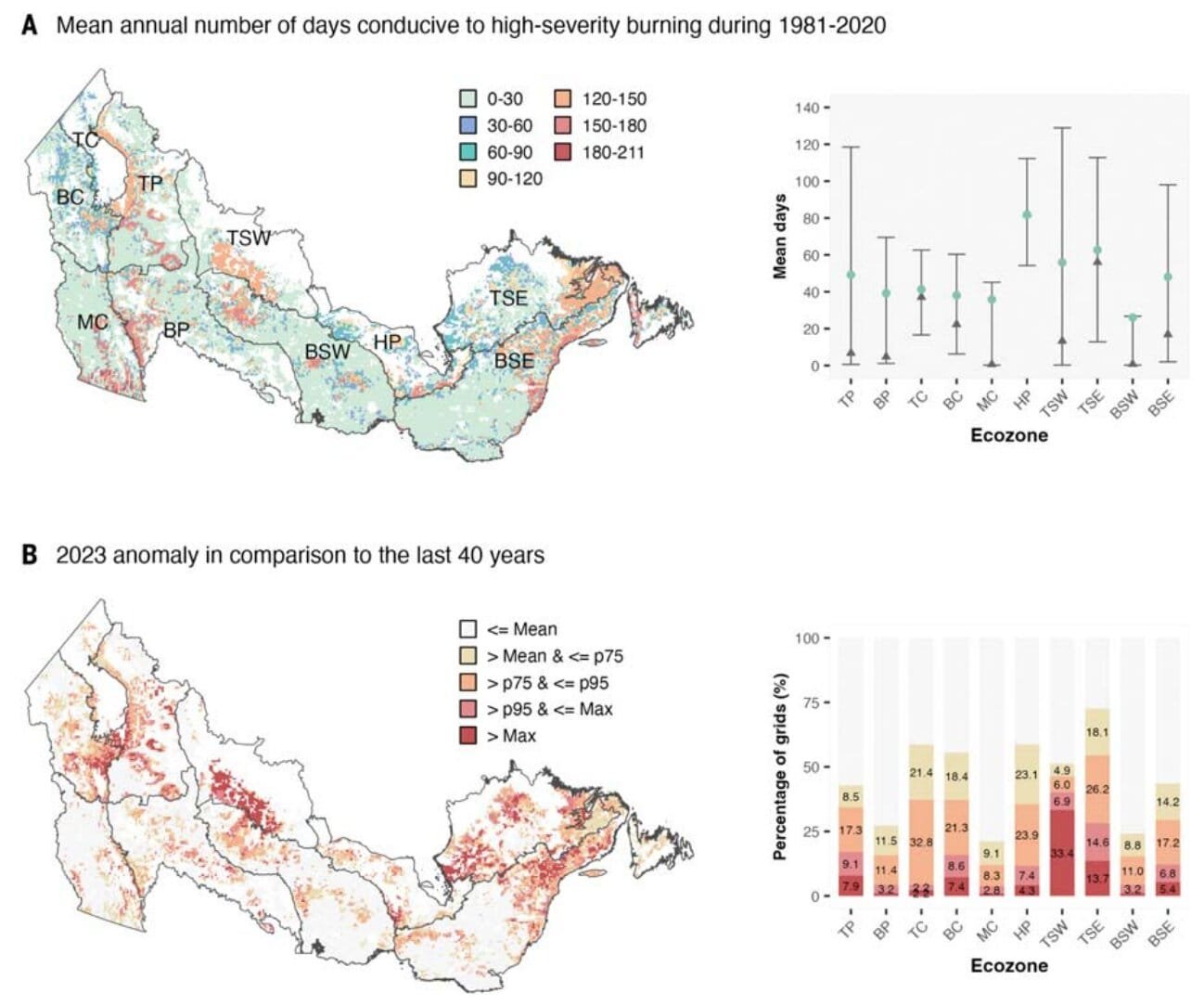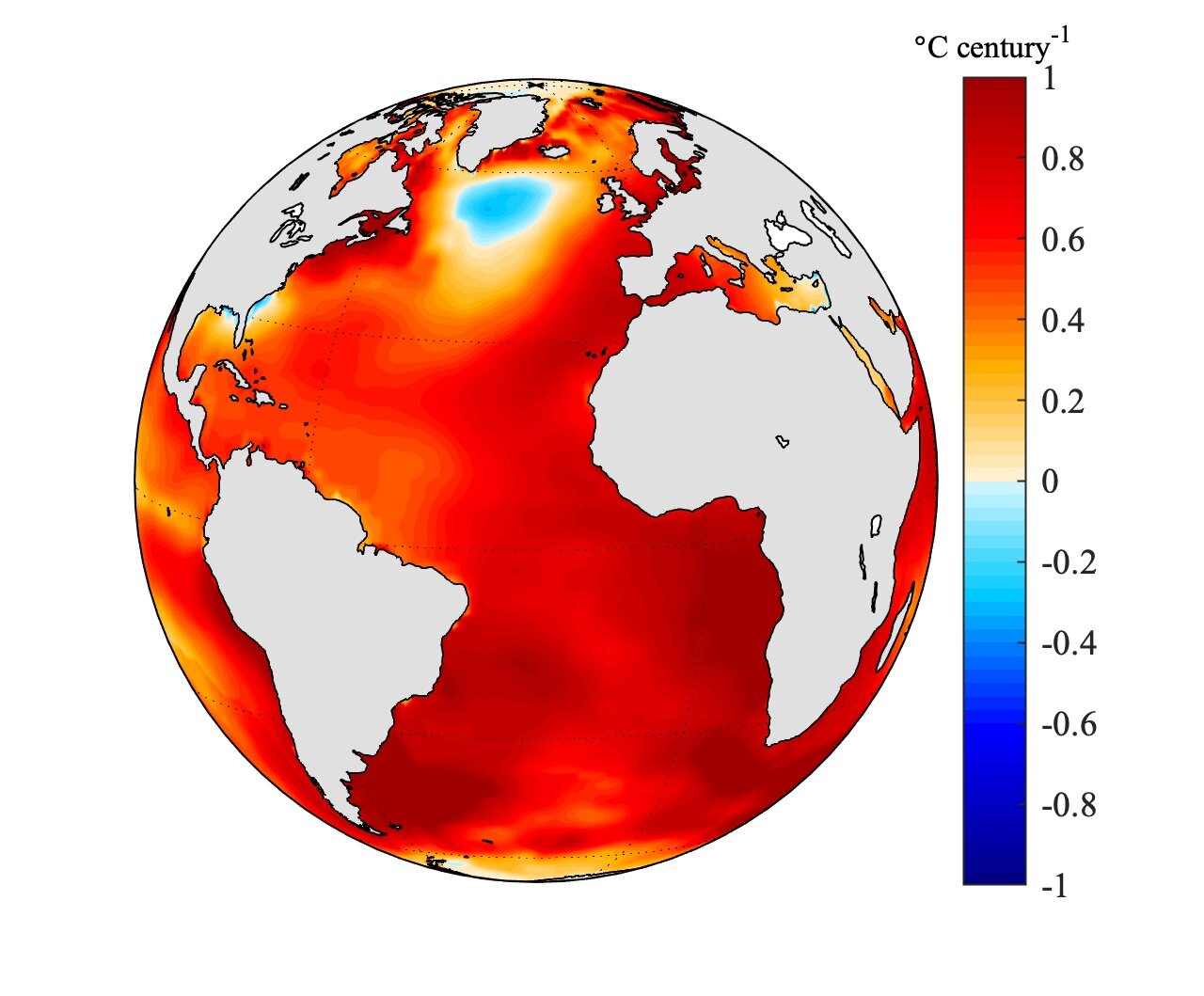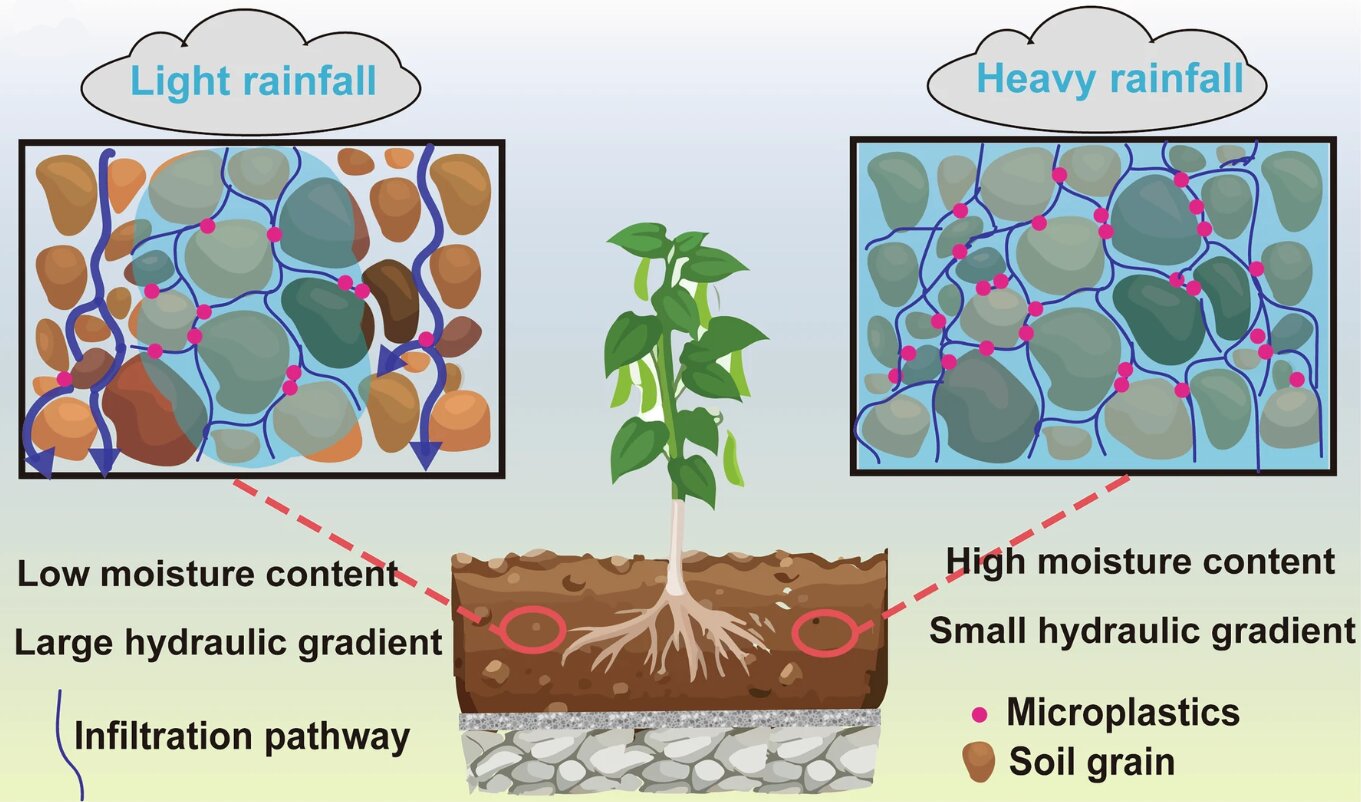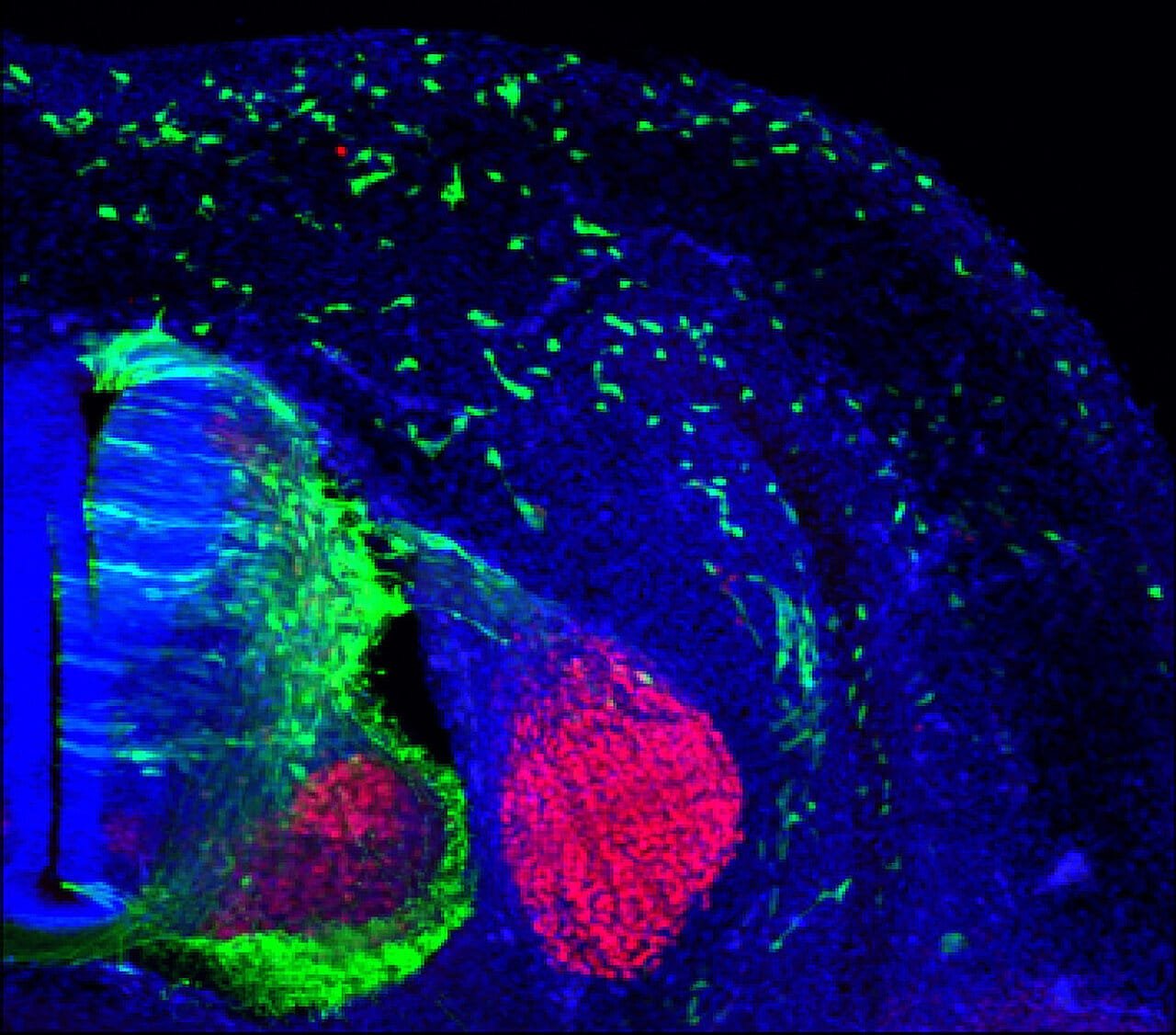Over the past several decades, wildfires in Canada have become increasingly severe and destructive. A team of forest management specialists from institutions across Canada conducted an in-depth study to determine the key factors contributing to this alarming trend. Their research, published in the journal Science, highlights that fuel aridity—essentially the dryness of trees and other combustible materials—is the most influential driver of wildfire burn severity in Canada. This groundbreaking work adds valuable insight into understanding wildfires not only in Canada but also worldwide.
As global temperatures rise, wildfires are occurring more frequently and with greater intensity. These fires consume vast forested areas, destroy homes, and devastate ecosystems. Regions like Russia, North America, and Australia have seen a marked increase in large-scale wildfires, driven by a combination of environmental changes and human activities. Beyond the immediate loss of forests and infrastructure, these fires release massive amounts of carbon dioxide (CO2) into the atmosphere, amplifying global warming. The Canadian team’s study provides a crucial piece of the puzzle in understanding what drives these infernos and how to manage their devastating effects.
The study was comprehensive, relying on four decades of spatiotemporal wildfire data collected across Canada. This dataset offered insights into the timing, location, and severity of wildfires, allowing researchers to discern patterns and underlying drivers. To make sense of this extensive data, the team developed a multinomial logistic regression model. This sophisticated analytical tool allows researchers to analyze relationships between multiple predictor variables and diverse outcomes. In this case, the model enabled the team to examine how factors like temperature, humidity, wind speed, vegetation types, and fuel aridity contributed to wildfire severity.
One of the key findings of the study is the pivotal role of fuel aridity. As trees, shrubs, and other vegetation lose moisture, they become highly combustible, significantly increasing the intensity and spread of wildfires. The study revealed that summer wildfires, in particular, are growing more severe due to worsening fuel aridity, a trend directly linked to climate change. Prolonged heatwaves, reduced precipitation, and earlier snowmelt have created conditions where forests dry out faster and remain vulnerable for longer periods. The researchers emphasize that these changes are not uniform across Canada; regional variations in climate, vegetation, and geography create different outcomes in different areas.
While fuel aridity emerged as the dominant factor, the study also shed light on the compounding effects of other drivers. For instance, stronger winds have been observed to carry embers far ahead of firefronts, igniting structures and forests before emergency responses can be effectively deployed. Such dynamics have made fires more unpredictable and difficult to control. In addition to physical drivers, human factors like land use practices, urban expansion into forested areas, and fire suppression strategies also play crucial roles in wildfire dynamics.
The implications of these findings are vast. Understanding the influence of fuel aridity and its interplay with other factors provides a foundation for improved wildfire management strategies. Policymakers, forest managers, and emergency responders can use this knowledge to develop targeted interventions that mitigate the risk and severity of wildfires. For instance, thinning overly dense forests, implementing controlled burns during safe conditions, and improving firebreak systems can help manage fuel loads and reduce the impact of fires.
The study’s findings also underline the critical need for proactive climate change policies. With warming temperatures and shifting precipitation patterns contributing directly to fuel aridity, global efforts to reduce greenhouse gas emissions are more urgent than ever. Moreover, integrating wildfire management into broader environmental conservation and land-use planning can enhance ecosystem resilience to fire-related disturbances.
In the broader context, the Canadian team’s work aligns with studies conducted in other fire-prone regions of the world. For example, in parts of the western United States, a similar increase in fire severity has been linked to prolonged droughts, declining snowpacks, and rising temperatures. In Australia, the catastrophic bushfires of recent years have been fueled by extreme heatwaves and dry conditions, underscoring the global nature of the wildfire crisis. By comparing findings across regions, researchers can identify universal drivers of wildfires while accounting for regional specificities.
The study published in Science was accompanied by a perspective article by Jianbang Gan of Texas A&M University, who emphasized the importance of such research in guiding global wildfire management strategies. Gan noted that while the factors driving wildfires vary between regions, there are common threads—climate change and land-use practices—that necessitate a coordinated global response.
Beyond the immediate scientific contributions, this research carries a deeper message about humanity’s relationship with nature. Wildfires are not new phenomena; they have played a natural role in shaping ecosystems for millennia. However, human-induced climate change and unsustainable practices have tipped the balance, turning fires into catastrophic events. By understanding the root causes and adapting our strategies, we have an opportunity to coexist more harmoniously with fire-prone ecosystems.
The Canadian researchers conclude their study with a call for further interdisciplinary research and collaboration. They stress the importance of integrating ecological, meteorological, and social science perspectives to tackle the complex challenges posed by wildfires. Investments in advanced monitoring technologies, predictive modeling, and community education are essential components of a comprehensive approach to wildfire management.
References: Weiwei Wang et al, Canadian forests are more conducive to high-severity fires in recent decades, Science (2025). DOI: 10.1126/science.ado1006
Jianbang Gan, Disentangling the drivers of wildfires, Science (2025). DOI: 10.1126/science.adu5463
Love this? Share it and help us spark curiosity about science!










